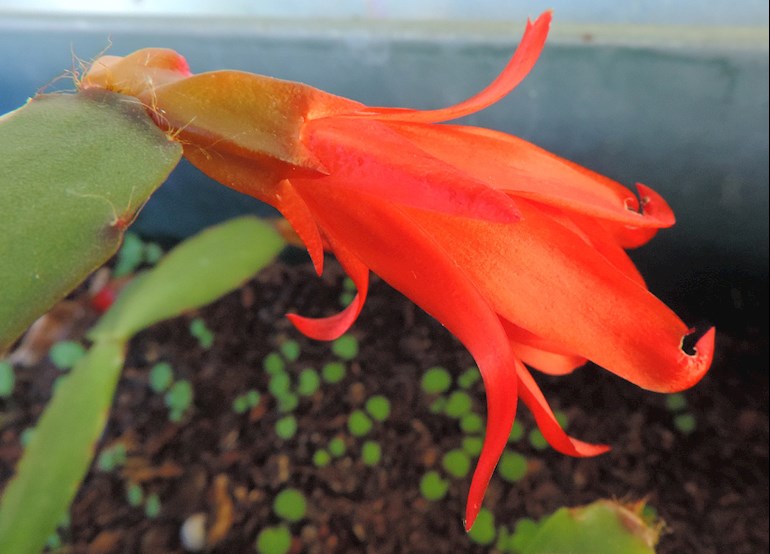'The aloe vera gel many Americans buy to soothe damaged skin contains no evidence of aloe vera at all.
Samples of store-brand aloe gel purchased at national retailers Wal-Mart, Target and CVS showed no indication of the plant in various lab tests. The products all listed aloe barbadensis leaf juice — another name for aloe vera — as either the No. 1 ingredient or No. 2 after water.
There’s no watchdog assuring that aloe products are what they say they are. The U.S. Food and Drug Administration doesn’t approve cosmetics before they’re sold and has never levied a fine for selling fake aloe. That means suppliers are on an honor system, even as the total U.S. market for aloe products, including drinks and vitamins, has grown 11 percent in the past year to $146 million, according to Chicago-based market researcher SPINS LLC.'
bloomberg.com/news/articles...
How can we know what's in non-pharmaceutical products when they aren't regulated?
You can easily grow aloe vera, but 'There’s no conclusive body of scientific research affirming aloe’s healing properties. While some studies have shown a benefit for burns and cuts, “there’s nothing to hang your hat on” in terms of clear evidence, partly because there hasn’t been enough research, said D. Craig Hopp, a program director at the National Center for Complementary and Integrated Health in Bethesda, Maryland.'
Neil
Photo: Zygocactus flower
